If you live in America, chances are you have a credit card you regularly use in your wallet.
Most studies estimate that a full 70% of Americans have them.
You can see in the graph below that the average debt is rising each year.
What can we do about it?
It’s undeniable that credit cards are useful in a pinch to make ends meet.
Unfortunately though, the average debt for an American who owns a credit card is a whopping $3,766.
This is simply because people use credit cards to fund things which they are unlikely to have money to pay off in the future.
However, you can avoid extreme debt by using credit cards responsibly.
Here are a few tips to using your card correctly and keeping your debt in check.
1. Get a free credit report every year
Some people don’t know this, but every American is entitled to a free credit report once every year.
AnnualCreditReport.com will give you a free copy at your request.
This is a great way to see where you stand as far as your credit score, and then you can use that knowledge to help you plan ahead to get into better habits with your credit card.
There are multiple different nationwide credit reporting agencies.
You can request copies from all three of the major ones at the same time to check them for errors against each other.
Alternately, you can request them separately throughout the year to get a more up-to-date account of your credit history.
2. Dispute errors on your credit report
Check your credit report very carefully.
Credit companies often make mistakes, and if they remain unchecked, they could have damaging consequences on your credit score.
If there is an error, you can file a dispute with the reporting company.
This will ensure that potential lenders or landlords are not basing their decisions on false information about you.
You have a right to accuracy on your report.
3. Pay bills on time
One of the most damaging things to your credit history is late bill payments.
It affects your credit score and your ability to get loans in the future.
Ask your utility company or landlord how to set up automatic, recurring payments so that you can never accidentally miss a payment.
However, the caveat with this approach is that you have to monitor your bank balances regularly to make sure that you have sufficient funds to make the payment.
Otherwise, the automatic payment will overdraft your bank account or get canceled.
Both of these outcomes have a negative impact on your credit and can also lead to huge fees from your bank, depending on the company.
4. Don’t approach too close to your credit limit
Companies that report on credit history emphasize how many times you “max out” your credit card.
A good rule is that your balance should never surpass half of your total credit limit.
If possible, try to keep it at ⅓ or ¼ and pay off your balance each month.
5. Be proactive and take control of your spending
Don’t be afraid to ask creditors for help if you are in an economic emergency, even if you are not yet late on your payments.
It is better to try to prepare in advance if you know you are likely to miss payments because there are ways for creditors to help you avoid some of the negative fallout.
If needed, you should:
- Add up income and expenses from different sources to find out what you can afford to pay
- Call your creditor. Explain clearly the circumstances and the reasons for your inability to pay the minimum. Explain how much you can actually afford, and when you will be able to resume payments as normal
- Potentially seek out credit counseling.
It is essential to keep control over your knowledge of your own credit history.
Knowing this, you can plan your financial future in the best way possible.

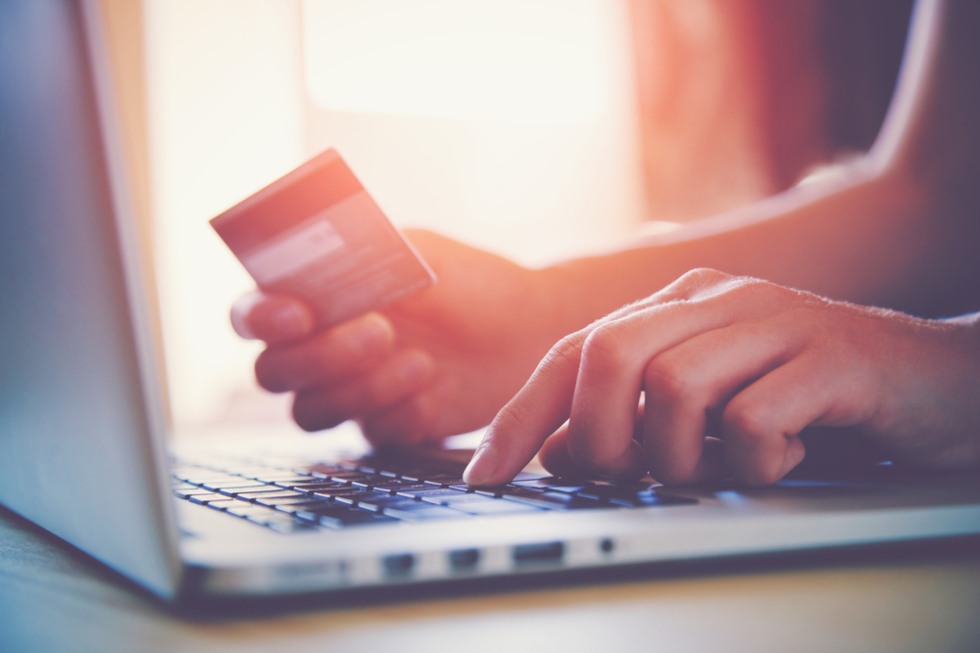
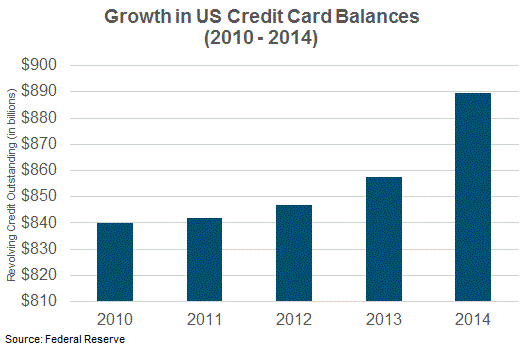
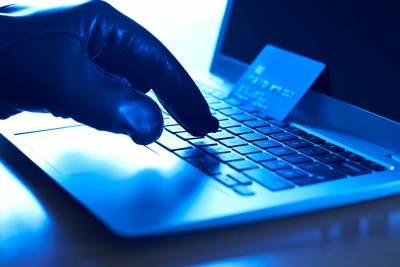
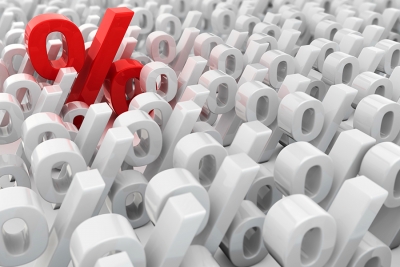

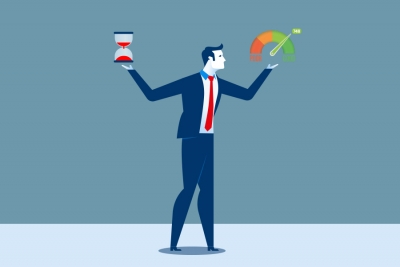
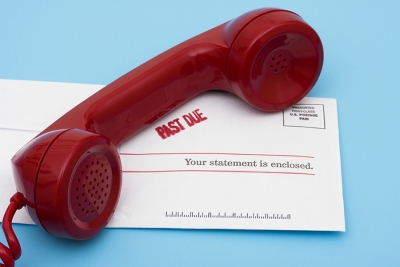
Leave A Comment